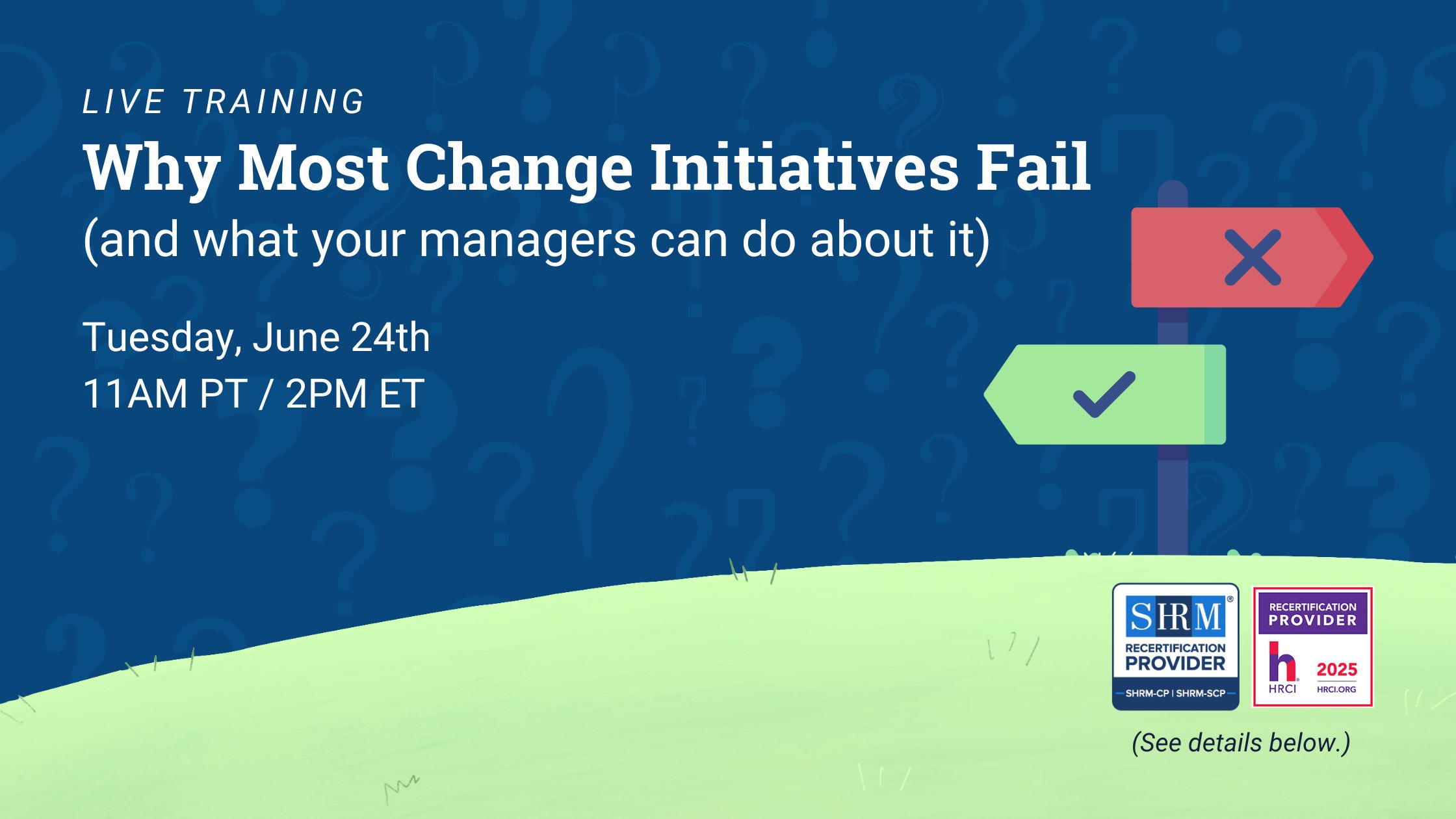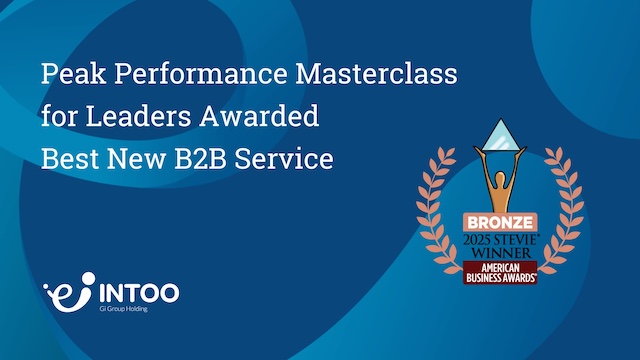What Is Career Transition Coaching?
Career transition coaching provides vital support for laid-off employees, guiding them through what can be an extremely challenging life change. When companies must cut staff, effective transition coaching serves as a critical resource for those impacted, empowering individuals with self-knowledge, clarity, and motivation during turbulent times.
Skilled career coaches help these employees rediscover their strengths and interests and then fully align them to optimal career paths forward. Coaches also provide networking guidance, resume development, interview preparation, and negotiation support. With an encouraging partner invested in their success, job seekers gain focus, confidence, and energy to propel them into meaningful and fulfilling work, even during tough transitions.
In brief, career transition coaching consists of advice, help, and support from a professional coach for making the best next step in a career. Career transition coaches offer both practical tools and suggestions, as well as personal support to motivate an individual and keep them on track. For example, a coach might help a job seeker find local networking groups in their industry, then provide accountability for them to attend a networking event by following up the next week to see how things went.
For those at the beginning of their careers or considering changing careers, a coach can also help individuals figure out aptitudes, skills, and interests and then give them concrete steps to take to explore their options.
What Are the Benefits of Career Transition Coaching?
A career transition coach can take a holistic view of a coachee’s professional aspirations and direct them to the best and fastest path for getting there, according to INTOO career coach Holly. “I think career coaches have that big-picture understanding of the process to guide candidates toward their goals more quickly.” With a view of the overall goal, career coaches can offer specific tools and advice to move people forward, whether through focusing on career-specific job boards or employing networking techniques.
In addition, a career transition coach offers much-needed professional objectivity. “We might look at our résumé and believe it’s great, or we might think we’re doing a good job interviewing, but we’re often not aware of the blind spots that we have or the areas where we can improve,” says Holly. “Not only can career coaches give you unbiased feedback, but they can also help you to see new opportunities for improvement.”
Last but not least, coaches offer emotional support to manage the stress of the job search itself and push job seekers out of their comfort zones to go after what they really want.
5 Ways Employees Can Benefit from Career Transition Coaching
1. Navigating emotional turmoil
Job loss can trigger a wave of shock, grief, and anxiety. Career transition coaches act as empathetic guides, helping individuals navigate these emotions through healthy coping mechanisms and stress management techniques. This emotional support paves the way for a smoother, less overwhelming transition into their next career chapter.
2. Discovering hidden potential
Traditional resumes often fall short of capturing the full spectrum of someone’s skillset and achievements. Career transition coaches use assessments and in-depth conversations to uncover hidden talents, dormant passions, and untapped potential. This self-discovery process ignites a path toward fulfilling new career possibilities that align with individual values and aspirations.
3. Sharpening job search tools
Resumes gather dust if they’re poorly-tailored or uninspired. Coaches help individuals craft dynamic resumes and cover letters that resonate with target employers, highlighting relevant skills and achievements in a compelling narrative. Beyond resumes, coaches help job seekers sharpen interview skills through mock sessions, boosting confidence to secure that dream job.
4. Expanding networking circles
The hidden gem job often lies within a trusted network. Career coaches equip individuals with effective networking strategies that go beyond LinkedIn, teaching them how to build genuine connections with industry professionals and leverage those connections to uncover hidden opportunities. This expanded network becomes a powerful resource beyond the standard job boards for landing fulfilling roles.
5. Minimizing financial stresses
Layoffs often coincide with financial uncertainty. Career transition coaches help individuals navigate severance packages, maximize unemployment benefits, and set up realistic financial plans for the future. This personalized support empowers individuals to make informed decisions, alleviating financial anxieties and allowing them to focus on their career search with confidence.
Career Transition Coaching FAQs
Do I have to meet career transition coaches face to face?
Although some career coaches rely exclusively on in-office consultations, nowadays, it’s more common to meet virtually. INTOO’s outplacement solution, for example, offers on-demand, one-on-one coaching to people in the program, allowing them to just go online at their convenience and immediately talk to a career coach via video, audio, or text chat seven days a week.
What can people expect during a first meeting with a career transition coach?
An experienced career transition coach will likely begin by asking questions to find out more about the individual, including their work experience, personal interests, and goals. As the coach gets to know the coachee, they’re able to personalize their attention and advice.
Are there common misconceptions about career transition coaching?
Often, people don’t think they need coaching because they have found jobs and made progress in their careers without help in the past. “Everyone needs help, whether or not they think they need help. It doesn’t matter how successful you look from afar. There still is value in having a dialogue and a partner that can help craft a plan,” says Brian Crook, who negotiated a job offer at Google with the help of his INTOO coach.
Some people mistakenly think that career transition coaching is a one-time event. They might expect the coach simply to review their resumes or give them all the direction they need in a single meeting. While some individuals only need a key question answered or a resume edited, most people benefit from multiple coaching sessions to assess goals and needs, create a plan of action, and stay on track throughout the job search process.
Other people may believe that career transition coaches will get them a job on their behalf. This is also a misconception. While a coach can help you get a job, their role is to coach the job seeker, not become the job seeker.
How much career transition coaching do I need?
The amount of coaching needed depends on the person, but people often meet with their career transition coach until they find a job. This is especially true for senior and executive-level employees who generally take a longer time to find and accept a new position. Meeting regularly helps keep you on track, motivate you, and troubleshoot as necessary.
Can a career transition coach help me change careers?
Yes. INTOO career coach Ellen says when she works with people who want to change careers, she takes a person-by-person approach. “How I coach also depends on the type and depth of the change a candidate is looking for,” she says. “Sometimes what they want to do is still within their wheelhouse. In that case, it might be a matter of rearranging a few things in the resume. But if what they want to do is the polar opposite of what they’ve done in the past, I like to start with a clean slate and ask, “What are some things that you feel are going to be good for you? What are things that you’ve always wanted to do? Maybe now’s the chance to try them.”
What aspect of the career transition process do people need the most help with today?
According to INTOO career coach Holly, ”LinkedIn is a huge, huge, huge part of the job search process today, but some people aren’t aware of that or don’t know how to use online networking tools.” For people who have not gone through a job search in a long time, career transition coaches can be especially helpful in getting them connected and making them marketable in the digital age.
How long does an average career transition coaching session last?
Some coaches have fairly strict timeframes for meetings, requiring that you work together for 45 to 90 minutes at a time. Virtual career coaching, however, often allows for more flexibility. INTOO’s outplacement solution, for example, lets people contact a coach to ask just one quick question about interviewing or to converse in depth about an entire career shift.
Conclusion
Each impacted employee is different and will have different goals as they transition to their next role. The right career coaching addresses the individual by working with them to identify their preferences and skills and develop a unique strategy to help them land their next meaningful role quickly.
INTOO’s outplacement solution offers unlimited hours of on-demand, one-on-one career transition coaching seven days a week via video, audio, and text chat so people can get career advice when and where they need it. Unlimited dedicated and executive coaching is also available so that no matter the job level or career path, your exiting employees can get the best guidance. Contact us to learn more about how INTOO can help you support your departing employees in their job search.












